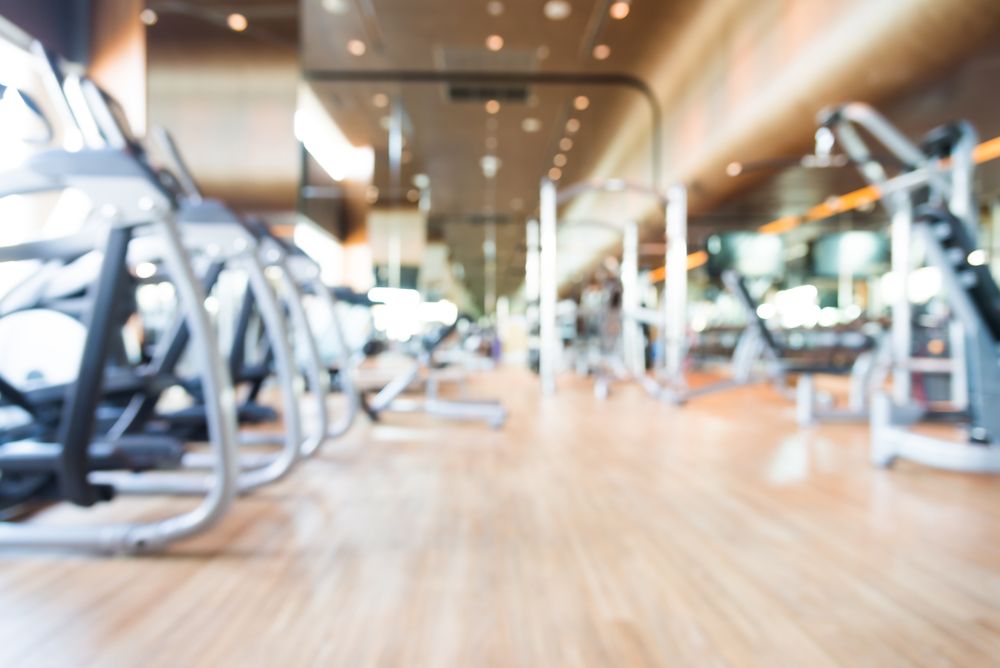
Allergy is a special susceptibility of some people that causes them to respond in an exaggerated way to external agents called allergens. Among the most common allergy triggers are plant pollen, some foods, the contact or sting of certain animals, chemicals, and in general any substance that is capable of producing an excessive response from our immune system.
Although allergies occur throughout the year, their effect multiplies during spring as a result of pollination. Pollen allergy is called pollinosis.
According to data from the Spanish Society of Allergology and Clinical Immunology (SEAIC), allergic diseases due to pollen affect in our country more than eight million people. It has a greater incidence on young people, and in urban environments (it seems that air pollution has a potentiating effect on this symptomatology).
In general, the pollens that most often affect are grasses followed in descending order by olive, arizonica, plantain, salsola and parietaria. Tree pollens are predominant during winter and early spring, grass pollens during spring, and weed pollens during summer and autumn.
Pollinosis or pollen allergy can affect different organs; When it affects the nose, it produces inflammation, characterized by sneezing, itching, congestion, discharge and nasal obstruction.
It is also common for other tissues to be affected, causing inflammation of the eyes (conjunctivitis), itching of the palate, throat and ears. This set of symptoms is known as «hay fever«.
If the inflammation affects the lungs, coughing, difficulty breathing, a feeling of chest tightness, and wheezing occur. Situation called pollen asthma.
The climate can influence the symptoms of pollinosis. Allergic symptoms are often minimal on rainy days due to an atmospheric sweep effect, as well as on cloudy or windless days, because the movement of pollen is difficult under these conditions. However, hot, dry and windy weather favors its greater dispersion and, consequently, greater allergic symptoms.
Some measures we can take to prevent or minimize the symptoms of this type of allergy are:
-
Keep them closed windows, especially at night, to prevent pollen from entering the home. If necessary, use air conditioning as it cleans, cools and dries the air.
-
Minimize outdoor activities first thing in the day because pollen is generally emitted between 5-10 am
-
No hang clothes to dry outdoors. Pollen can accumulate on it.
-
to procure be indoors when the pollen count is high.
-
keep car windows closed when traveling.
-
Try to go on vacation during the peak period of the pollen season to the beach or the sea
-
Take medications prescribed by the doctorregularly and the dose recommended.
-
do not take more medication than recommended in order to reduce symptoms.
-
No mow the grass or stand near it when it is freshly cut; Mowing the grass stirs up pollen.
Sources and resources:









Your point of view caught my eye and was very interesting. Thanks. I have a question for you.
Thanks for sharing. I read many of your blog posts, cool, your blog is very good.